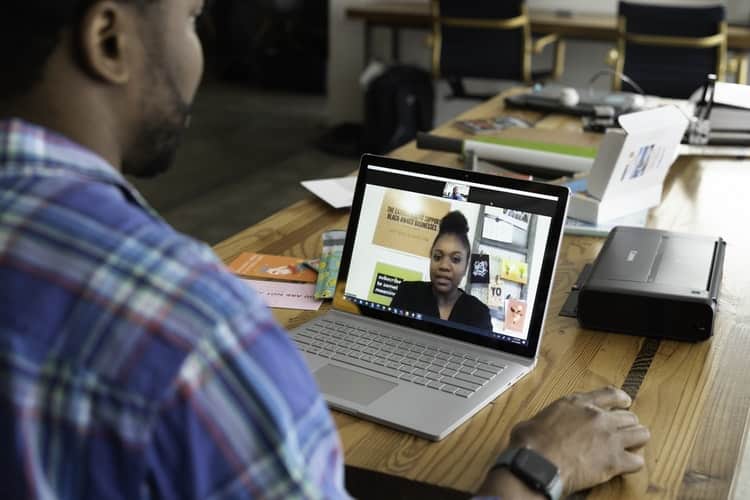
If you have some form of expertise, you might be looking into creating an online course through which you can share your knowledge and experience with people who could use this information to better their lives or their careers, or both.
Of course, just because you’re an expert in one field doesn’t mean you know a ton about putting together a course and delivering it to an online audience. The following aims to help ease you into the basic steps that are part of creating an online course.

Spend A Few Days Reading Up On Educational Psychology
Once you start looking into how people actually learn, you’ll be shocked to realize how often educational programs completely ignore the psychology of education. Culturally we have a lot of ideas about education that are not backed by science (some cultural practices are even entirely opposite scientific findings). Take a few days to read some academic articles on how the age group that your course targets learn (spoiler alert, different generations were shaped by different systems and so learn differently). This will be useful information to keep in mind while you’re crafting your course.
Decide On Your Delivery Format
Depending on what you’re teaching, you will need a course structure that helps students learn. Selling courses online involves determining which structure works for your niche information and ensuring that you meet the expectations that come along with that structure. You might need open forum question sessions where students can work through problems with your help. You might need video tutorials showing techniques related to your field. You might need quizzes that can help students keep information fresh in their minds if there’s lots of content that needs to be memorized.
Consider Giving Out A Certification Of Completion
For students looking to improve their marketability in the workforce might want to be able to include a credential on their resume or LinkedIn page. Think about the title of your certification and consider creating a webpage that future employers can read up on the details of the course—perhaps even peruse lists of most in-demand skills at the moment and see if any cross-over into what you’re teaching. Be sure to emphasize these transferable skills in your course description. Many students find a certification at the end of a study period to be something that breaks the tie between a couple of courses they’re considering taking. You might even want to hire a graphic designer to create a nice-looking certificate that you can email to students upon completing the course materials.

Understand The Temporal Commitment You’re Making

Many people don’t understand what sort of commitment they’re making when it comes to creating an online course. On average, constructing an online course takes about the same amount of time as writing a book. You’re pulling information together, editing it, revising it, formatting it, revising it again, sending it out to beta testers, revising it again, hiring a proofreader, revising again, etc. Going into the process with this in mind can help prevent you from feeling burnt out in the middle of the process.
Beta Testing Is Crucial
As mentioned above, having volunteers test out the course before you release it is a must. If you’re an expert in a field, there’s a good chance the aspect of what you’re teaching feels simple to you but will be challenging for new students to grasp. If you have volunteers who agree to take the course (for free) in exchange for providing honest feedback, you’ll be able to find any places where you need to expand your definitions or further explore ideas. You can also get feedback about delivery methods, the time span of the course, the rate at which information is shared, and notes on video and audio quality.
Leave Space For Questions

Any good course will have room for students to ask questions that arise while they’re studying. Just like a professor teaching a course in a university, you might need to open yourself up to digital office hours where students can ask their questions or present their work for your review. You might also want to add an element, like a forum, where students can work together and try to answer each other’s questions (studies show this is one of the best ways for people to learn; teaching others).
The above information should get you started in preparing your online course. Again, it is essential that you leave yourself open to feedback and that you respond well to critiques given. Just because you know a lot about your field doesn’t mean you’re an instant teacher. Teaching is a skill just like anything else, and it needs practice and refinement if it is to develop.










